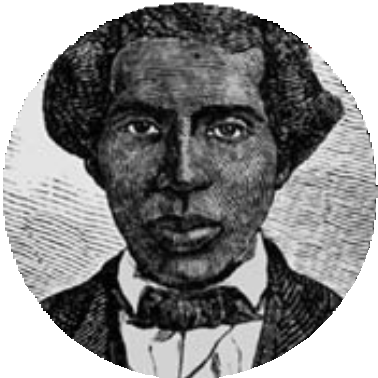
Tunis Campbell was one of the most successful black politicians in the Reconstruction Era. Born the eighth of 10 children to free black parents, John Campbell, a blacksmith, and his wife (name unknown) in Middlebrook, New Jersey, on April 1, 1812, Campbell trained for missionary work at an all-white Episcopalschool in Babylon, New York. He initially worked for the American Colonization Society but eventually rejected their efforts to end U.S. slavery by sending only free blacks to Liberia. He then became an anti-colonization and abolitionist lecturer.
After the Emancipation Proclamation took effect on January 1, 1863, then 51-year-old Campbell was commissioned by U.S. Secretary of War Edwin Stanton to work in Port Royal, South Carolina, to help resettle black refugees in the region who had been displaced by Civil Warfighting.

Soon after the U.S. Congress set up the Freedman’s Bureau in March 1865, Campbell was appointed to supervise land claims and resettle newly freed people on five Georgia Sea Islands: Ossabaw, Delaware, Colonels, St. Catherine’s, and Sapelo. When President Andrew Johnson later pardoned ex-Confederate landowners in the region, who then attempted to reclaim these islands, Campbell shrewdly purchased 1,250 acres in Georgia’s McIntosh County and established an association of black landowners there to divide parcels and profit from the land.





